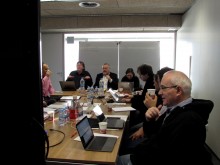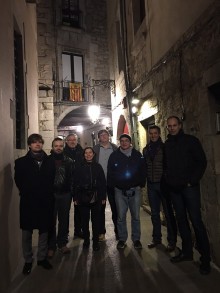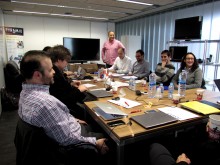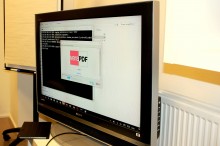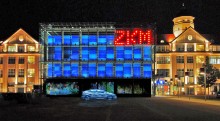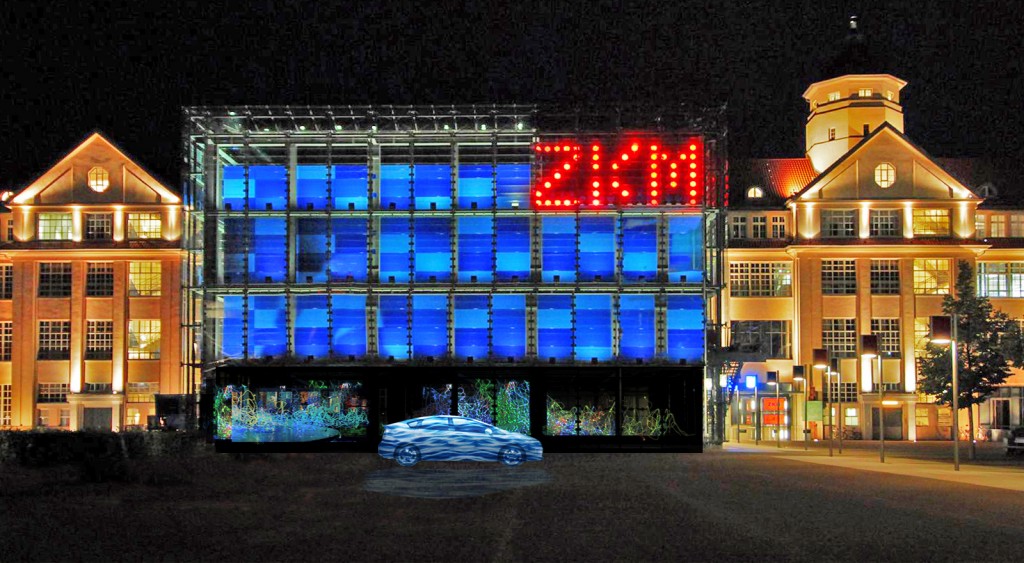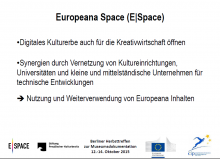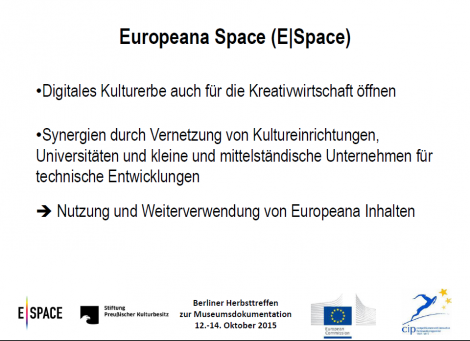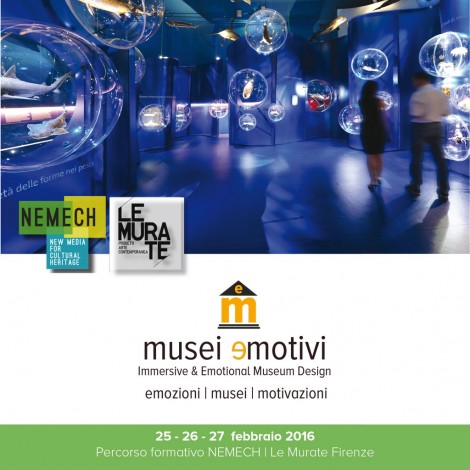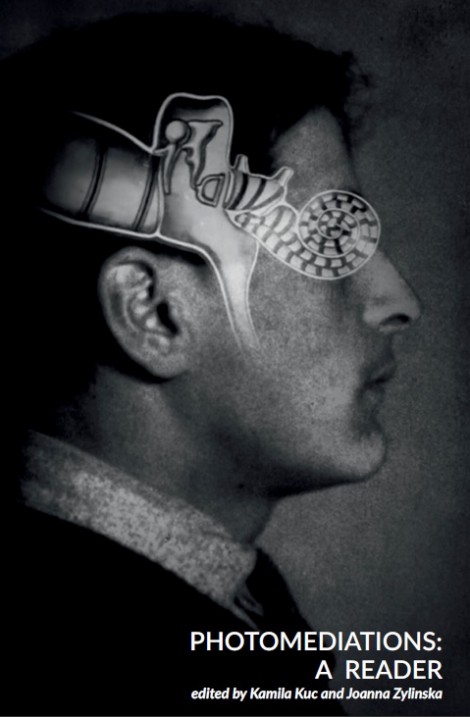DiXiT, the project funded under Marie Curie Actions within the European Commission’s 7th Framework Programme (supported by DARIAH-EU) with the Institute of English Studies (London), the University of Cambridge, the Warburg Institute, and King’s College London, announced the sixth year of this course that will run in two parallel strands: one on medieval and the other on modern manuscripts.
“The course is open to any arts and humanities doctoral students working with manuscripts. It involves five days of intensive training on the analysis, description and editing of medieval or modern manuscripts to be held jointly in Cambridge and London. Participants will receive a solid theoretical foundation and hands-on experience in cataloguing and editing manuscripts for both print and digital formats.
The first half of the course involves morning classes and then afternoon visits to libraries in Cambridge and London.
Participants will view original manuscripts and gain practical experience in applying the morning’s themes to concrete examples. In the second half we will address the cataloguing and description of manuscripts in a digital format with particular emphasis on the Text Encoding Initiative (TEI). These sessions will also combine theoretical principles and practical experience and include supervised work on computers.
The course is free of charge but is open only to doctoral students (PhD or equivalent). It is aimed at those writing dissertations relating to medieval or modern manuscripts, especially those working on literature, art or history. Some bursaries will be available for travel and accommodation. There are fifteen vacancies each for the medieval and modern strands, and preference will be given to those considered by the selection panel likely to benefit most from the course. Eight need-based bursaries of up to £375/€500 will also be awarded to cover directly incurred costs of travel and accommodation. Applications close at 5pm GMT on Monday 22 February 2016 but early registration is strongly recommended.”
More information here: http://dixit.uni-koeln.de/mmsda/
or contact dixit-mmsda@uni-koeln.de
Schedule: http://dixit.uni-koeln.de/wp-content/uploads/DiXiT-MMSDA-Schedule-2016.pdf
Application form: http://dixit.uni-koeln.de/wp-content/uploads/DiXiT-MMSDA-Application-Form-2016.docx
Flyer: http://dixit.uni-koeln.de/wp-content/uploads/DiXiT-MMSDA-Flyer-2016.pdf


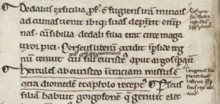




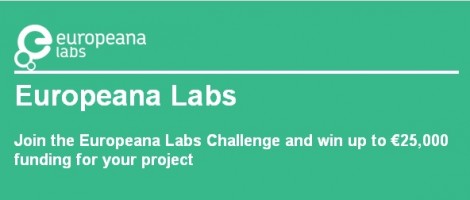
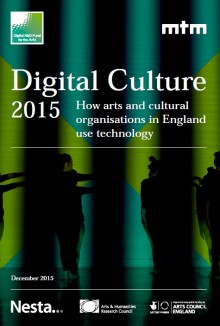
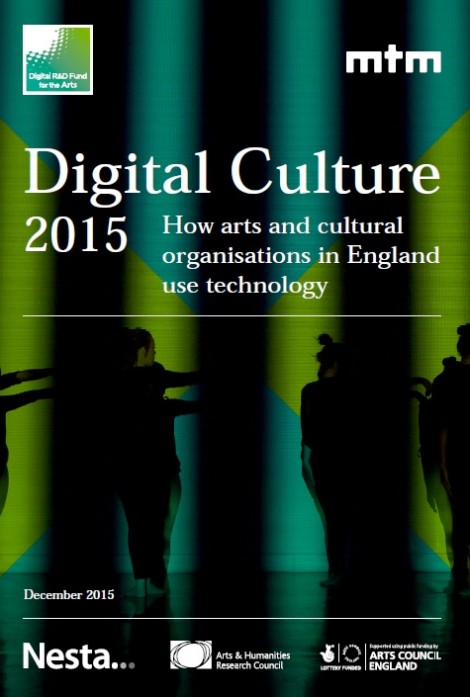

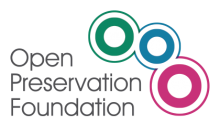 As the digital preservation community is increasingly deploying tools into productive environments, the need to systematically evaluate and share evidence about the quality of these tools has become a pressing need. At the Benchmarking Forum at IPRES 2015, researchers, community organizations and practitioners discussed opportunities and challenges in adopting software benchmarking as a systematic tool for evaluating digital preservation tools. Outcomes include an initial set of benchmark specifications for targeted scenarios elaborated jointly during the workshop, and a set of concrete collaborative actions to take place in 2016.
As the digital preservation community is increasingly deploying tools into productive environments, the need to systematically evaluate and share evidence about the quality of these tools has become a pressing need. At the Benchmarking Forum at IPRES 2015, researchers, community organizations and practitioners discussed opportunities and challenges in adopting software benchmarking as a systematic tool for evaluating digital preservation tools. Outcomes include an initial set of benchmark specifications for targeted scenarios elaborated jointly during the workshop, and a set of concrete collaborative actions to take place in 2016.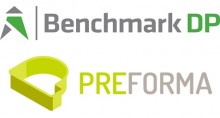 This webinar will widen the conversation to include those who were unable to attend IPRES, provide a summary of key concepts, but most importantly, provide an opportunity to join efforts with BenchmarkDP, OPF and the
This webinar will widen the conversation to include those who were unable to attend IPRES, provide a summary of key concepts, but most importantly, provide an opportunity to join efforts with BenchmarkDP, OPF and the 